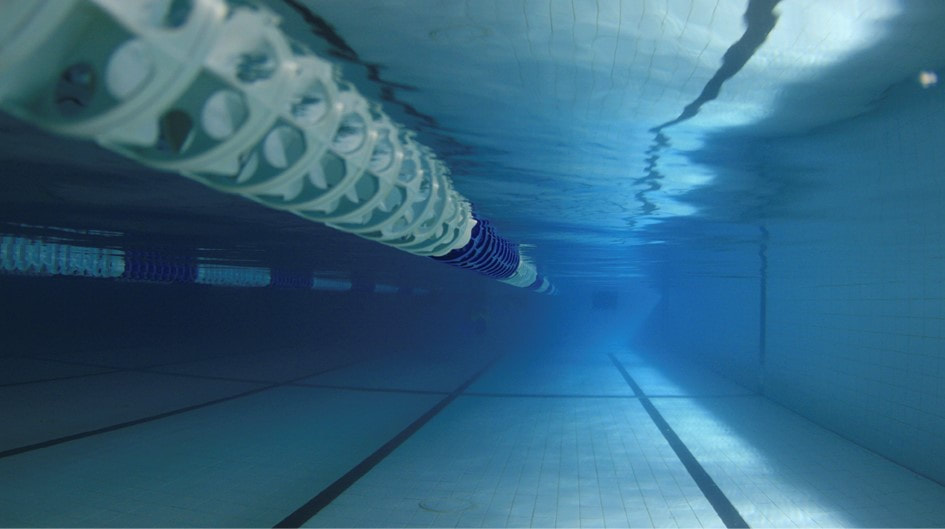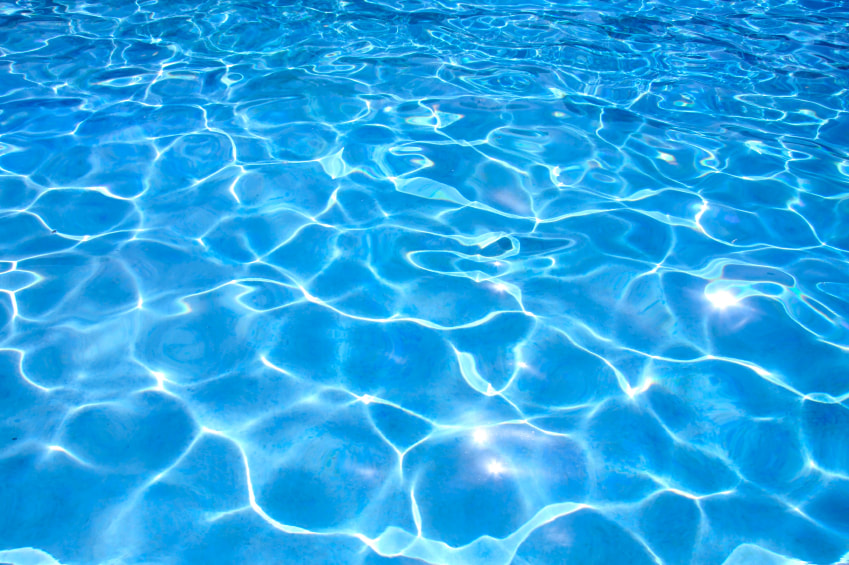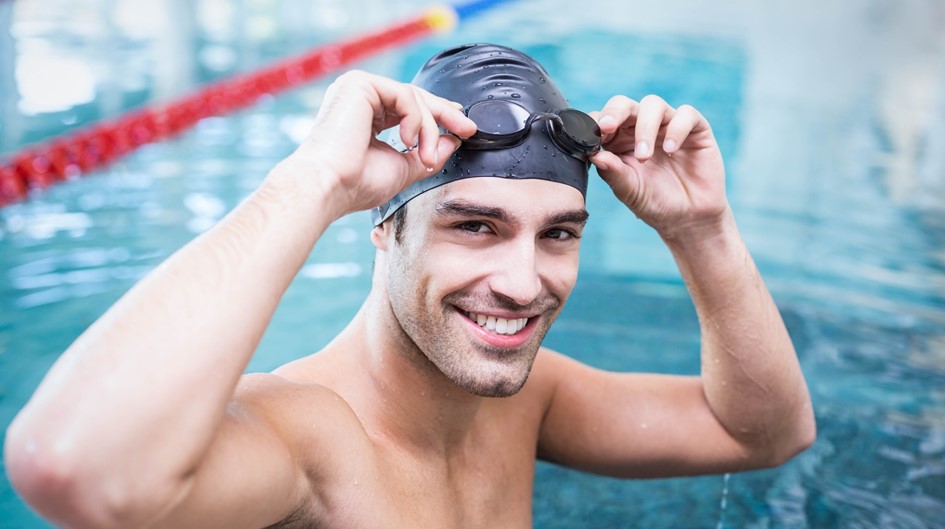|
The guidelines below were released by Swim England to outline the precautions swimmers should take when returning to the pool.
Long COVID is used to describe signs and symptoms that last for longer than 4 weeks after getting COVID-19 with many people now having symptoms for far longer. Like other respiratory illnesses, COVID-19 can cause lasting lung damage. As we continue to learn about COVID-19, we’re understanding more regarding how it affects the lungs during acute illness and afterwards. There are two stages to what is commonly known as Long COVID:
Roughly 30 to 40 percent of people who contract the virus are asymptomatic and display no symptoms. The rest experience typical COVID-19 symptoms: fever, body aches, coughing, difficulty breathing, nausea and loss of taste or smell. While these symptoms are usually expected to last the duration of the infection, some people are experiencing these symptoms weeks and even months after contracting COVID-19 and clearing it from their system. These people, sometimes called “long-haulers,” are typically in the older age range, but it can be young, healthy individuals as well. One of the main symptoms of long Covid is breathlessness. This can happen even if you did not need treatment in hospital. As with asthmatics, swimming can help build your control of your breathing if you are suffering from breathlessness. Many studies have shown that swimming can actually make your lungs bigger and more efficient in how they process the air you breathe. Following a bout of covid-19, some of our Strictly Swimming London clients have returned to swimming and realised that they were having trouble breathing to normal capacity during workouts and were struggling to swim the distances that they could normally manage (as they were still experiencing the effects of the virus months after infection). Like asthma, the symptom of long Covid is chronic inflammation affecting the lungs and airways. Swimming is a preferred activity for many children and adults with asthma and is associated with a range of health benefits including improved physical fitness and mental well-being. It is now becoming apparent that long Covid sufferers can equally benefit from swimming as their main form of exercise. Moreover, swimming focuses on controlled, rhythmical breathing which can support lung function and help mindfulness and can relieve anxiety during this pandemic. If you are suffering from long covid and breathlessness, please call Strictly Swimming London and we can tailor your lessons to slowly build your lung capacity in the swimming pool. Following the various lockdowns that the world has endured during the COVID pandemic, we at Strictly Swimming London have recently seen a huge surge in people wanting to take up the sport of swimming for fitness and many new clients have finally decided to take the plunge and learn to swim. But is our sport safe during these risky times? Well virologists at Imperial College London have revealed that their study showed that the Covid-19 virus (SARS-CoV-2) can be neutralised in chlorinated swimming pool water in under 30 seconds. This is great news for swimmers across London and the world, suggesting that the risk of transmission of Covid-19 in swimming pools is extremely low. Covid virus does not survive in the pool The study concentrated on the effects of swimming pool water on the virus and assessed the amount of time and contact needed to neutralise the virus within various chlorine and pH levels. The research established that 1.5mg per litre of chlorine with a pH between 7-7.2 reduced the infectivity of the virus by more than 1000 times in as little as 30 seconds. Additional testing of different chlorine and pH ranges confirmed that chlorine in swimming pool water was more effective with a lower pH – which is in line with current guidance for swimming pool operation. By mixing the virus with swimming pool water, the study showed that the virus does not survive in swimming pool water. It was no longer infectious and suggested the chance of contracting Covid-19 from swimming pool water is tiny. This is amazing news for swimmers. These findings suggest that swimming pools can be safe environments if appropriate measures are taken for lap swimming (not pool parties!) Of course, swimmers still need to maintain social distancing from other swimmers to avoid infection. Strictly Swimming London lessons are held in extremely quiet pools which allow us to maintain social distancing. With our own teaching lane, Strictly Swimming clients can rest assured that they will remain safe during their lesson, as we are separate to the other lap swimmers in the pool. Safety measures in the pool Finally, there are still lots of safety measures in swimming pools right now which help Strictly Swimming London lessons also reduce the risk of transmission. The number of swimmers allowed in the pool at any one time are now limited during this pandemic, showering before and after lessons is required, social distancing in and around the pool is adhered to, sanitising hands and surfaces are still in operation at our pools. The sport of swimming is great exercise, and exercise is important to our physical and mental health — now more than ever. Pools present very low risks for COVID-19 transmission, but with the right precautions, your exercise program should go swimmingly this winter. |
AUTHORPaul started competing in swimming from the age of 8 and eventually went on to represent his country all over the world. During his time at University, Paul specialised in Aquatics and the Biomechanics of Swimming and produced numerous theses on swimming performance. TOPICS
All
ARCHIVES
June 2024
|
Let's connect!
Copyright © 2024 Strictly Swimming




